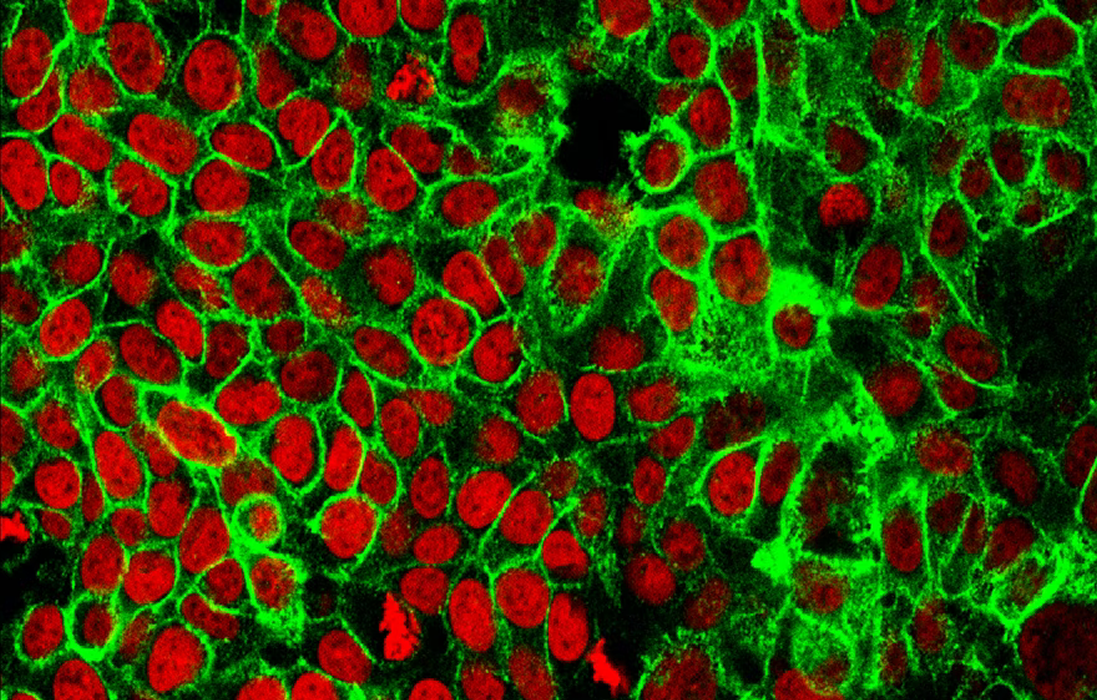Regenerative Medicine News and General Information
Potential New Treatment for Colorectal and Ovarian Cancer
Cytokines are soluble molecular messengers that activate and propagate disease-fighting immune cascades in the body in response to stimuli from antigen-presenting cells.
In cancer immunotherapy, exogenous cytokines initiate immune system activation to optimize the magnitude and nature of the acquired antitumor immune response. Many proinflammatory cytokines including interleukin-2 (IL2), IL7, IL12, IL15, and interferon-γ have shown promise for antitumor efficacy in clinical trials.
In a recently published study, researchers develop living cytokine factories, a platform for localized delivery of natural, cell-generated cytokines with spatial and temporal control over dosing. The results appear in the journal Science Advances.
Study development and results
The researchers assess the ability of their system to reduce intraperitoneal (IP) tumor burden in murine models of ovarian and colorectal cancer, while also evaluating the safety and clinical translatability to nonhuman primates.
The proinflammatory cytokine delivery system consisted of human retinal pigmented epithelial (RPE) cells that were engineered to stably express a proinflammatory cytokine of choice using a system called PiggyBac transposon.
Engineered cells were encapsulated within alginate-based microparticles (capsules). The IP fluid is separated from the systemic circulation (bloodstream) by the peritoneal wall. Thus, the researchers hypothesized that capsules implanted within the IP cavity would create high cytokine concentrations within the IP cavity while maintaining low concentrations in the blood, and found that the local concentration was 30 times higher in the IP space when compared to systemic concentration.
The team developed a unique IL-2 delivery platforma and compared to FDA-approved and clinical-stage IL-2 delivery platforms. Their study found that by providing a continuous supply of naturally produced, bioactive cytokines directly to the local tumor microenvironment from within a hydrogel platform, it could improve the overall therapeutic index of IL-2 and allow for readministration of additional doses, if needed.
They concluded that their approach for a modular proinflammatory cytokine factory was safe, predictable and effective for cancer treatment, and that the results are supportive of translation into human clinical trials for ovarian and colorectal cancer.
The same approach developed can be further generalized to other compartments that exist throughout the body including the pleural space, subcutaneous sites, and tumor resection cavities.
Source:
Amanda M. Nash, et al. Clinically translatable cytokine delivery platform for eradication of intraperitoneal tumors. Science Advances. 2022. DOI: 10.1126/sciadv.abm1032.
Image from:
Photo by National Cancer Institute on Unsplash

